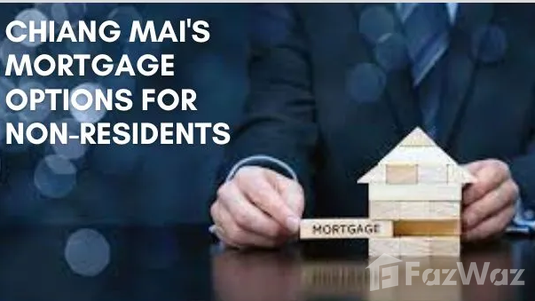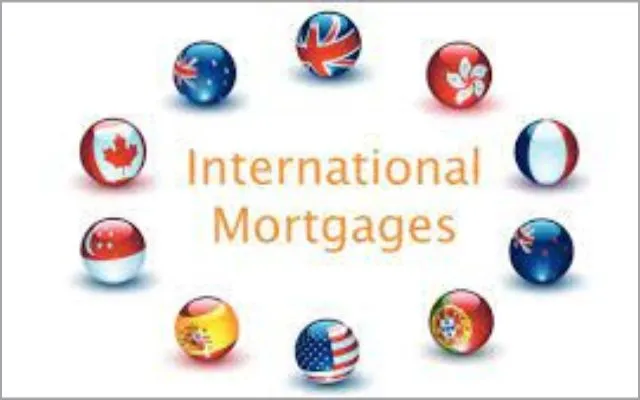- List your property - it's free
- Sign up or Log in
-
English- en
-
THB - ฿
- Buy
- Thailand Property For Sale
- Thailand Real Estate
- See Newest Listings
- Why Buy with FazWaz
- Rent
- Sell
- Projects
- Advice
- Property Management
- Vacation Rental Management

Welcome to this insightful article where we delve into the significance of foreigner-friendly mortgage options for non-resident property buyers. We will explore how these mortgage options cater to the unique needs and circumstances of foreign buyers, empowering them to participate more effectively in the local real estate market. By understanding the availability and benefits of these mortgage options, non-resident buyers can overcome obstacles and transform their dream of owning property in Chiang Mai into a reality. Let's embark on this informative journey together.
Foreigner-friendly mortgage options hold significant importance for individuals who are non-residents or foreigners seeking to invest in real estate in a particular country. These specialized mortgage offerings cater to the unique needs and circumstances of non-residents, making it easier for them to navigate the process of property ownership and financing. Here are some key reasons why foreigner-friendly mortgage options are of great significance:
In summary, Non-Residents mortgage options play a significant role in facilitating property ownership for non-residents and foreigners. They provide increased access to financing, flexible eligibility criteria, streamlined application processes, currency options, expert guidance, and contribute to economic growth. By offering specialized mortgage solutions, these options empower non-residents to pursue their real estate goals, diversify their investments, and participate in the growth and prosperity of their chosen destination.
When it comes to mortgage options for non-residents in Chiang Mai, two main types are available: Conventional Mortgages and International Bank Mortgages. Although both options cater to non-resident buyers seeking financing solutions, they differ in several key aspects:
It's important for non-resident buyers to carefully consider their financial situation, preferences, and specific needs when choosing between these two mortgage options. Consulting with mortgage professionals or financial advisors who specialize in non-resident mortgages can help in making an informed decision.
Conventional mortgages refer to traditional mortgage loans that are available to non-resident foreigners in Chiang Mai. These mortgages are offered by financial institutions and follow the standard practices including criteria of conventional mortgage lending. Here is a detailed overview of the pros and cons associated with foreigner-friendly conventional mortgages:
Pros
Cons
It is essential for non-resident buyers to carefully evaluate the pros and cons of foreigner-friendly conventional mortgages before making a decision. Working with a trusted mortgage advisor or financial institution can provide valuable guidance and help in choosing the most suitable option based on individual circumstances and financial goals.

International banks are specialized mortgage programs specifically tailored for non-resident buyers in Chiang Mai. These mortgage options are designed to cater to the unique needs and circumstances of non-residents, providing them with more accessible financing solutions. Here is a detailed overview of the pros and cons associated with non-resident mortgages through international banks:
Pros
Cons
Non-resident buyers considering mortgages through international banks should carefully weigh the pros and cons and consider their individual circumstances. Seeking advice from mortgage professionals or financial advisors who specialize in international transactions can provide valuable guidance in navigating the process and choosing the most suitable option.
In conclusion, it is of utmost importance for non-resident homebuyers in Chiang Mai to grasp the significance of foreigner-friendly mortgage options. By delving into the details of each option and understanding their respective pros and cons, readers can arm themselves with the knowledge needed to make informed decisions. This comprehensive understanding enables them to navigate the mortgage landscape with greater effectiveness and embark on their property ownership journey in this vibrant city with confidence. Ultimately, this empowerment allows homebuyers to select the mortgage option that aligns perfectly with their unique needs and preferences.